Publications
Articles, publications, books, tools and multimedia features from the U.S. Institute of Peace provide the latest news, analysis, research findings, practitioner guides and reports, all related to the conflict zones and issues that are at the center of the Institute’s work to prevent and reduce violent conflict.
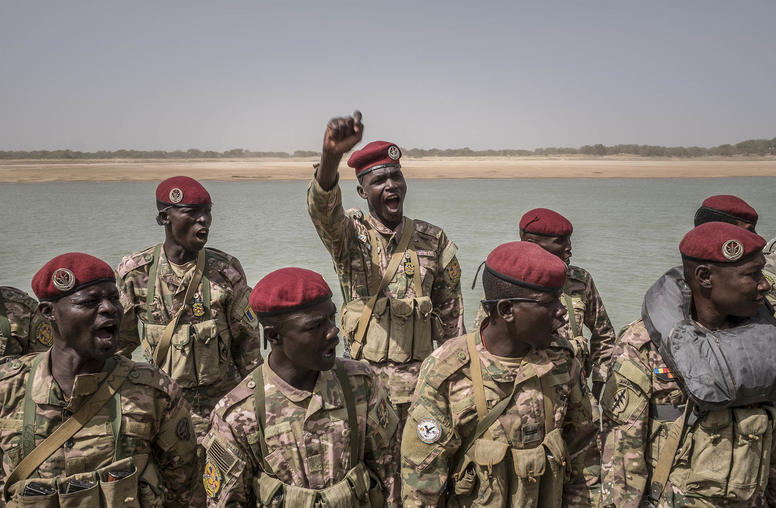
La Transition Retardée du Tchad Frustre ses Citoyens
On May 14, demonstrations against France’s influence in Chad turned violent, injuring several policemen and leading to damage at several French-owned gasoline stations in Chad’s capital city of N'Djamena. Wakit Tamaa, the civil society and opposition coalition that called for the demonstrations, had organized the event for participants to express their disapproval of French military influence in the country — including perceived French support for the Transitional Military Council (CMT) that has ruled the country since April 2021.
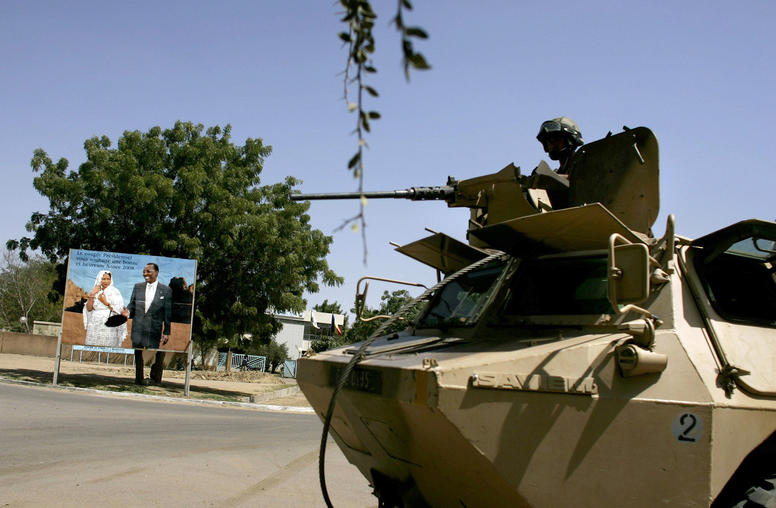
Chad, and Darfur, After Bashir
The politics of the Central African nation of Chad are closely connected with those of Sudan, most prominently because of Darfur, the vast and troubled Sudanese region which borders Chad to the east. The recent fall of Sudan’s president Omar al-Bashir—in power since 1989—raises questions about the future of Chad’s president and U.S. ally, Idriss Déby, beset by similar governance challenges and in power since 1990. Jérôme Tubiana, co-author of a 2017 USIP report on Chad, and USIP’s Aly Verjee discuss the implications of political change in Sudan for Chad.
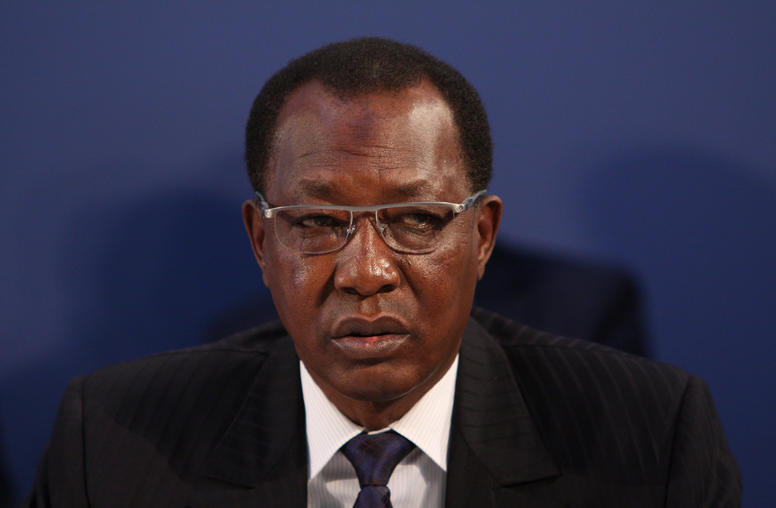
Chad: President Déby’s Death Leaves Vacuum in Volatile Region
The sudden violent death of Idriss Déby, the leader of Chad since 1990, throws the central African country into uncertainty. During a visit to the military frontline, Déby was allegedly killed in fighting in the country’s Lake Chad region, just days after the uncompetitive April 11 presidential elections in which he was re-elected for a sixth term. As USIP’s Kamissa Camara and researcher Jérôme Tubiana explain, Déby’s death does not change the structural deficiencies of the Chadian state. At the same time, Déby’s death leaves the West without a long-time ally in counterterrorism in the greater Sahel and Lake Chad Basin, and how the transition is managed has implications for the wider region, too.
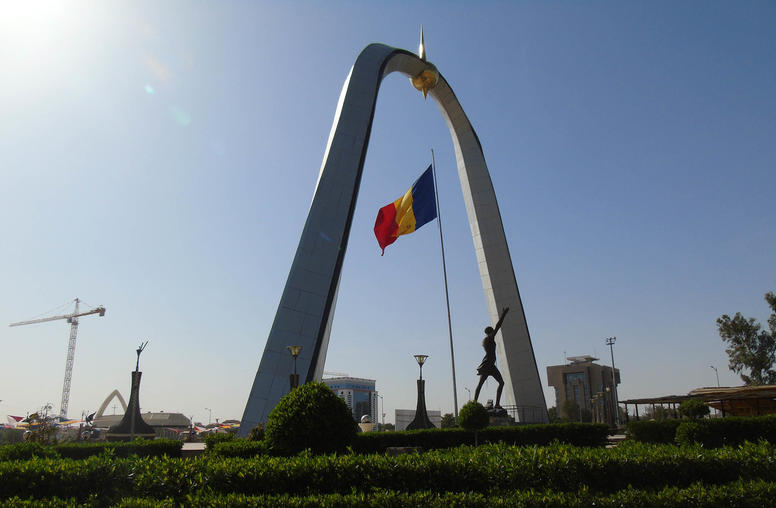
The U.S. Role in Furthering Chad’s Democratic Transition
When Chadian leader Mahamat Idriss Déby announced in October that the country’s transition period would be extended another 24 months, demonstrators took to the streets in protest, where they were met with violent repression from Chadian security forces. As the dust settled, Chadian authorities initially disclosed 50 people had been killed — but opposition groups and independent observers claim a much higher figure.

Le Rôle des États-Unis dans la Transition Démocratique du Tchad
Lorsque le dirigeant tchadien Mahamat Idriss Déby a annoncé en octobre que la période de transition du pays serait prolongée de 24 mois, les manifestants sont sortis dans les rues pour protester et ont été confrontés à une violente répression des forces de sécurité tchadiennes. Lorsque les choses se sont calmées, les autorités tchadiennes ont d'abord révélé que 50 personnes avaient été tuées, mais les groupes d'opposition et observateurs indépendants avancent un chiffre beaucoup plus élevé.
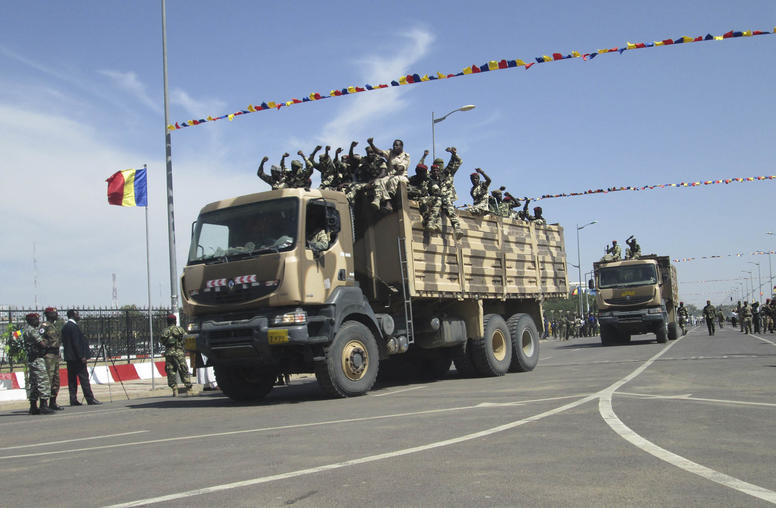
Chad’s Political Transition Might Be Its Last Shot for Democracy and Peace
The state of Chad’s political transition is not reassuring. Despite some signs of progress during the National Inclusive and Sovereign Dialogue (DNIS) last October, security forces engaged in violent crackdowns of protests shortly afterward — killing dozens of civilians. Meanwhile, now-President Mahamat Idriss Déby has moved to consolidate power ahead of elections planned for October 2024, leaving opposition and civic groups worried that Déby may not turn power over to a civilian government.

La transition politique au Tchad pourrait être la dernière chance pour la démocratie et la paix
L'état de la transition politique au Tchad n'est pas rassurant. Malgré quelques signes de progrès lors du Dialogue national inclusif et souverain (DNIS) d'octobre dernier, les forces de sécurité se sont engagées dans une violente répression des manifestations peu après - tuant des dizaines de civils. Entre-temps, l'actuel président Mahamat Idriss Déby a pris des mesures pour consolider le pouvoir avant les élections prévues pour octobre 2024, laissant l'opposition et les groupes de la société civile préoccupés par le fait que Déby pourrait ne pas remettre le pouvoir à un gouvernement civil.
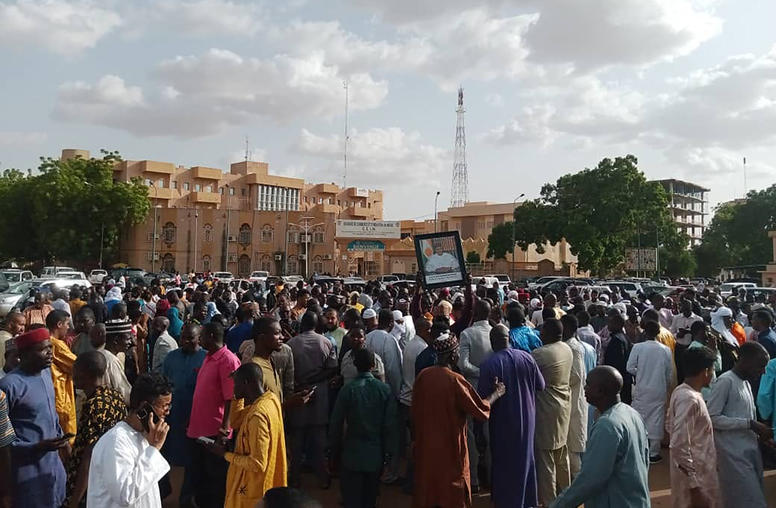
A Coup in Niger: What It Means for Africa, U.S. and Partners
This morning’s coup d’etat in Niger only deepens the pattern of instability across Africa’s Sahel and damages what has been a rare process of fairly steady democracy building in the region. Niger’s democratically elected government has been a valued partner for African and international efforts to stabilize the Sahel against its web of insurgencies, extremist movements and military coups. Kamissa Camara, a former foreign minister of Niger’s neighbor, Mali, now an analyst on the region with USIP, says the coup underlines lessons already evident about how to improve international efforts to build democracy and peace.
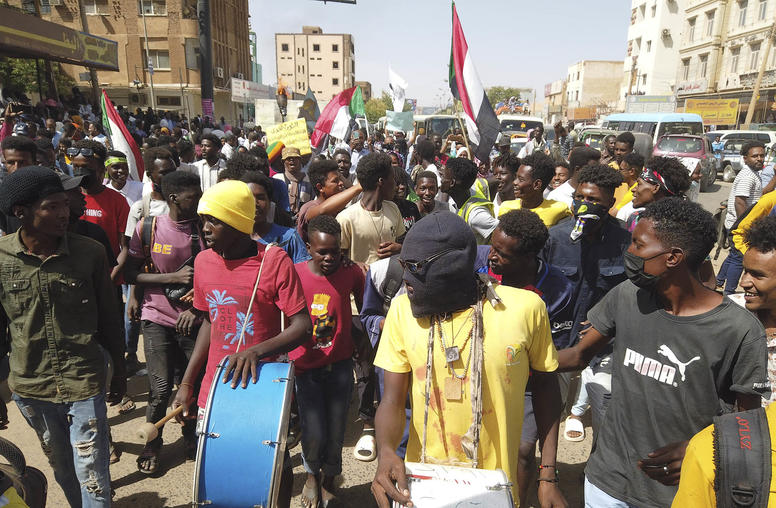
Countering Coups: How to Reverse Military Rule Across the Sahel
Three years of coups around Africa’s Sahel region — eight of them in six nations, from Guinea on the Atlantic to Sudan on the Red Sea — leave many African and other policymakers frustrated over how to respond. The Sahel’s crises have uprooted more than 4 million people and could add millions more to our record levels of global human migration as Africa’s population grows and its climate destabilizes. Yet the pattern of coups and other evidence — notably from USIP’s Sahel fieldwork, counter-coup research and bipartisan analysis teams — offer guidelines for effective responses by African, U.S. and international policymakers.
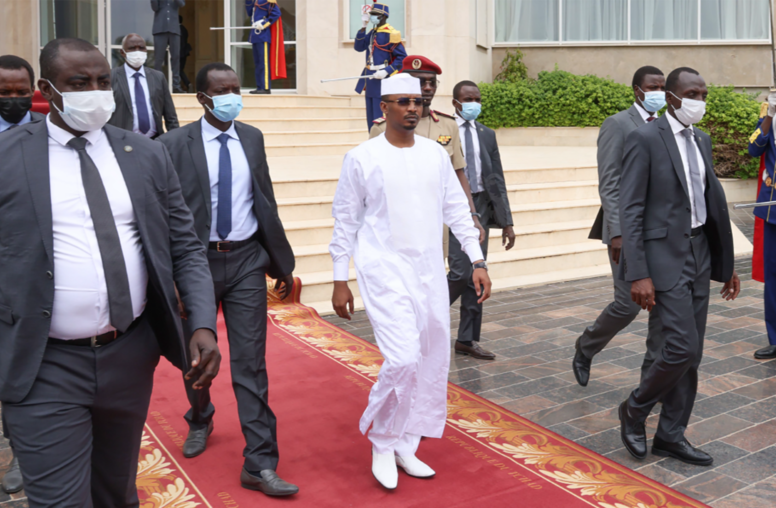
Chad’s National Dialogue Concludes Amid Uncertainties for the Transition
When Chad’s longtime President Idriss Déby was killed in April 2021, a group of military officers led by Déby’s son, Mahamat Idriss Déby, took control of the country and outlined an 18-month transition back to civilian rule. A crucial part of the transitional timeline was the promise of an inclusive national dialogue, which would be tasked with forming a national consensus on constitutional reform, election plans and other contentious political issues. After numerous delays, the long-awaited national dialogue finally opened in the capital N'Djamena in late August — just two months before the transition was slated to end.